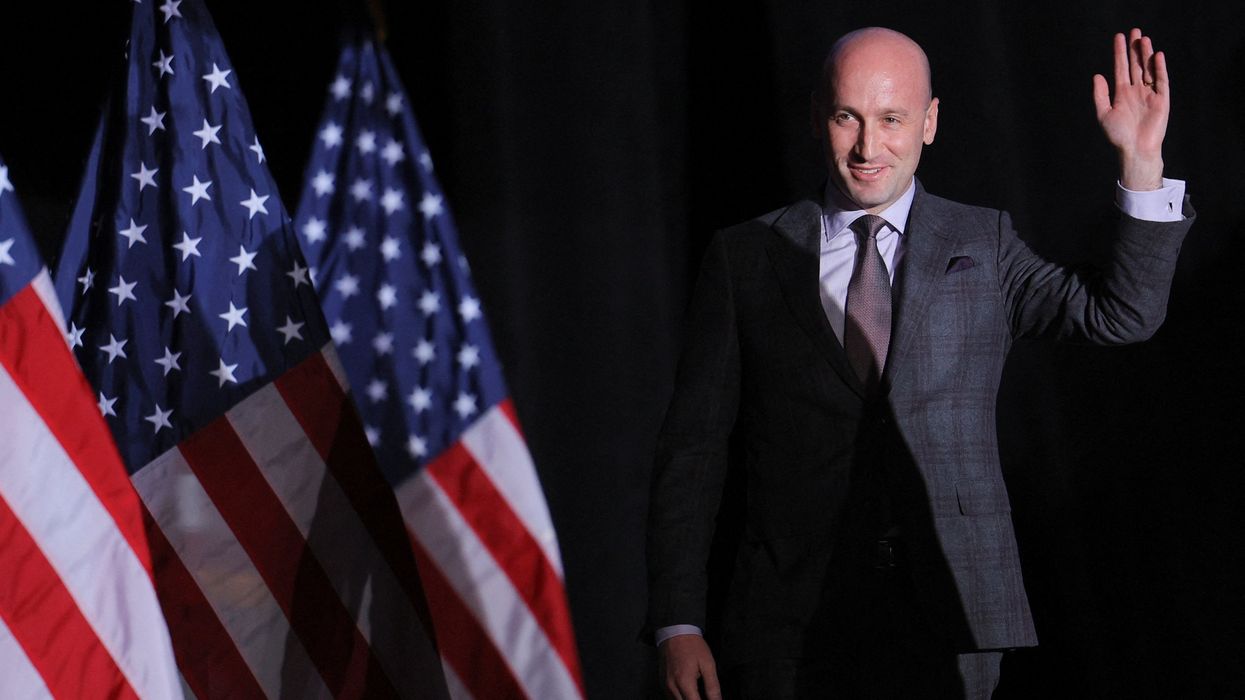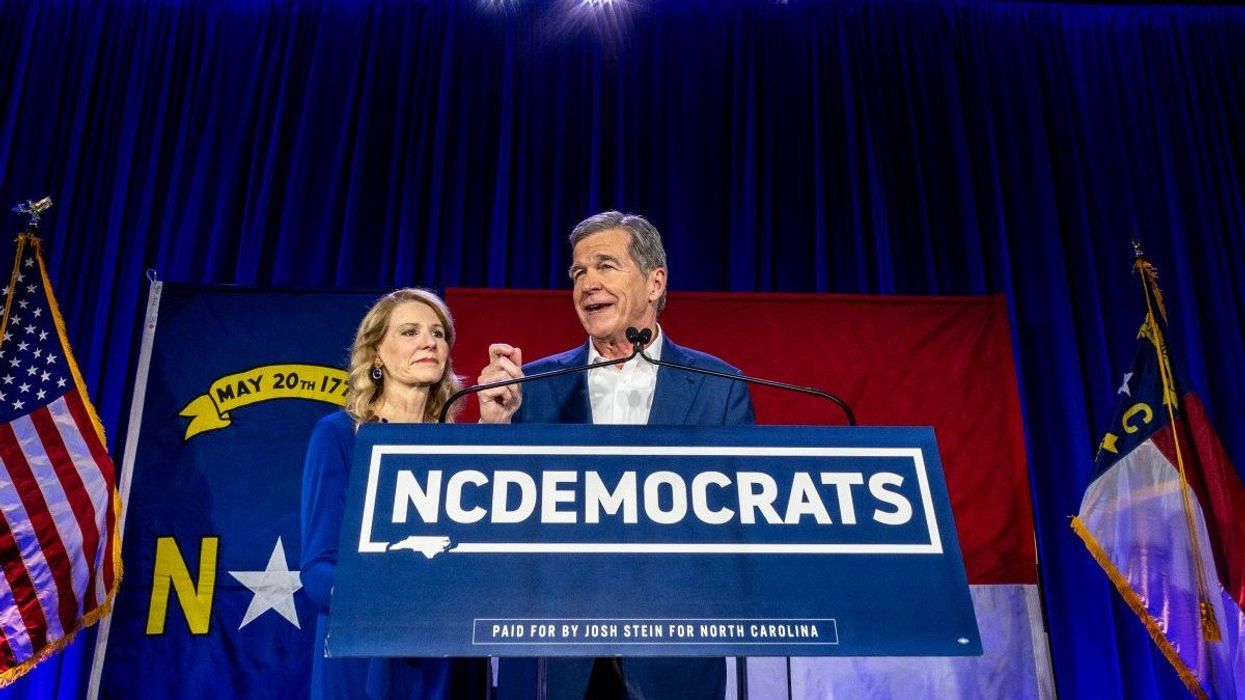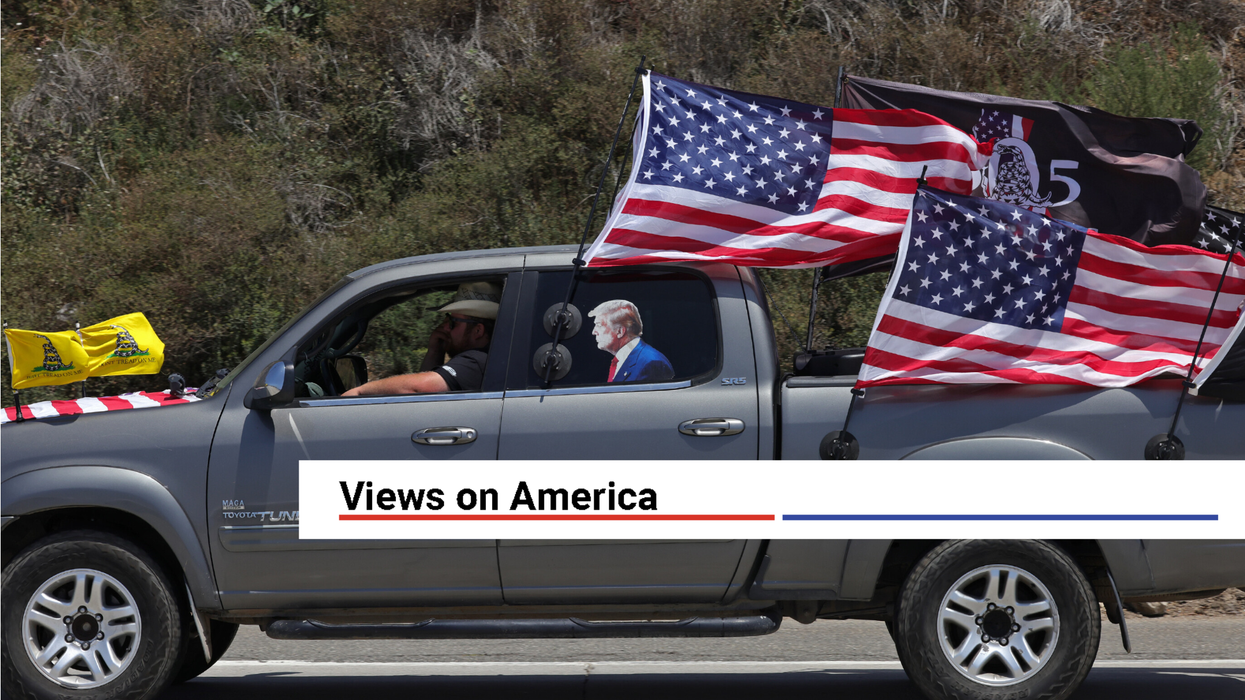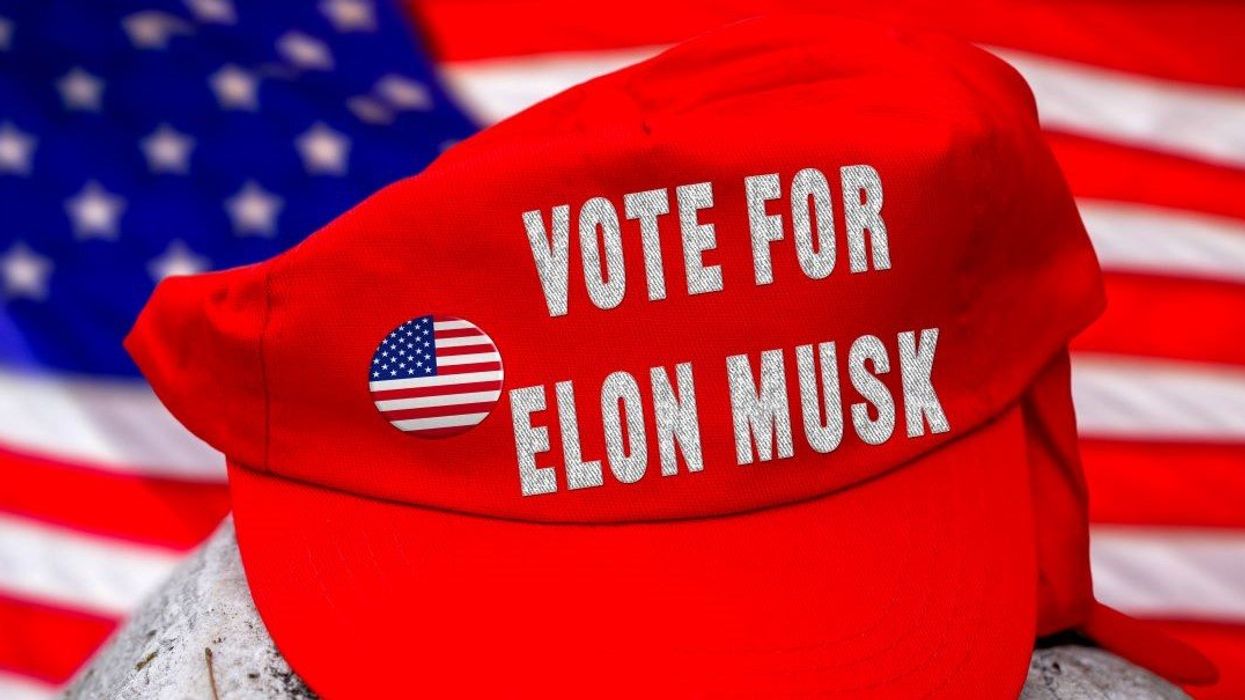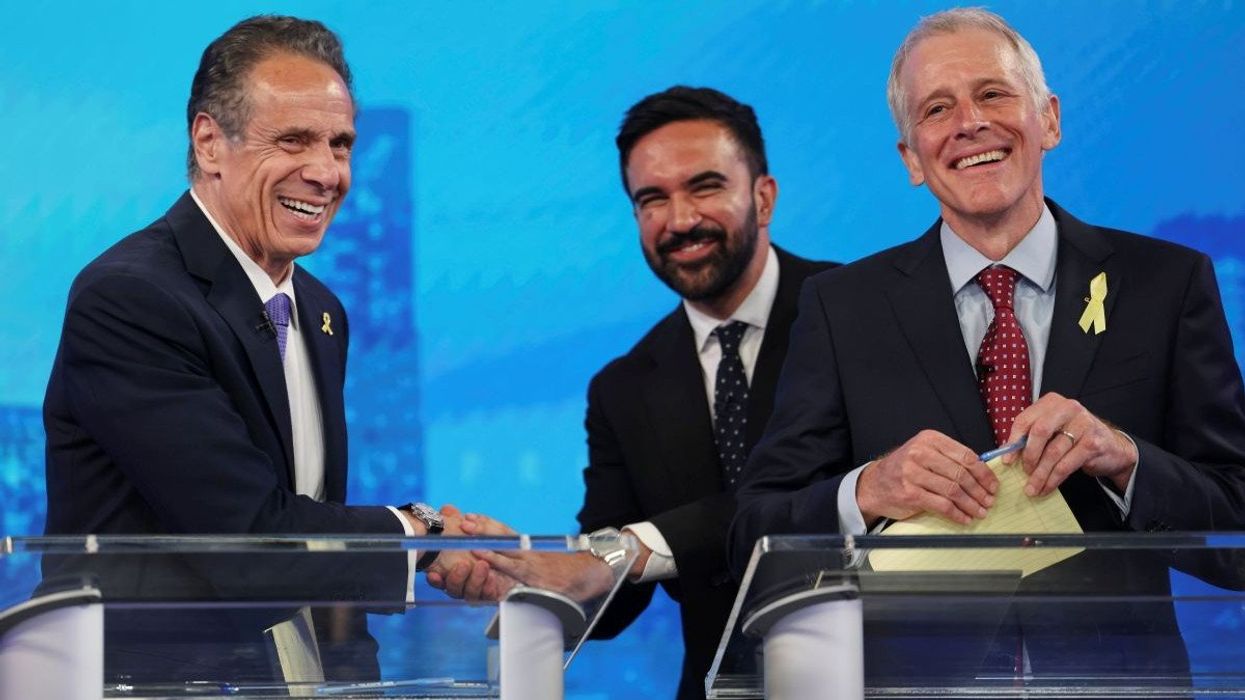Just moments after being grazed in the ear by a bullet at a campaign rally in Pennsylvania on Saturday, Donald Trump was on his feet again, blood streaming down the side of his face, pumping his fist and urging his supporters to “fight!”
The photo of that moment is already an icon of our time. And experts say that surviving the assassination attempt in such a dramatic fashion can only help Trump in the election, by drawing a stark contrast with the visibly aging Joe Biden and complicating the Democrats’ case that Trump himself is a unique threat to American democracy.
But Trump isn’t the first (sitting or former) US president to survive being struck by an assassin’s bullet. There have been two other notable examples in history. Did cheating death on the job help them politically?
In March 1981, President Ronald Reagan was shot by John Hinckley Jr. after leaving a speech in Washington, DC. A policeman, a Secret Service agent, and White House Press Secretary James Brady were also struck. Reagan survived and was back on the job within two weeks. Brady was confined to a wheelchair for the rest of his life.
Hinckley’s motive wasn’t, in fact, ideological. He was mentally ill and simply wanted to catch the attention of famous actress Jodie Foster. But did the drama help or hurt Reagan politically?
His approval ratings did surge by eight points to nearly 70% in the aftermath of the shooting. But economic gloom would pull them down by more than 40 points later in the year. Still, he had more than three full years to bounce back ahead of the 1984 election, which he won in a landslide.
There was, however, one longer-lasting impact of Hinckley’s plot. Brady and his wife dedicated their lives to gun control advocacy, at a time when the Second Amendment wasn’t nearly as partisan as it is today. Their efforts resulted in the 1994 Brady Bill, the first federal measure requiring background checks for handgun purchases.
Seventy years before Reagan walked away from his encounter with an assassin’s bullet, former President Teddy Roosevelt was shot in the chest while campaigning for an unprecedented third term in the 1912 election.
A delusional German immigrant named John Schrank had pulled the trigger, he said, to avenge the ghost of former President William McKinley, whose own assassination had paved the way for Roosevelt, McKinley’s veep, to first take the top job 10 years earlier.
The most famous part of the story, of course, is that the bullet was slowed down by Roosevelt’s eyeglasses case and a copy of his speech, which he continued to give.
“I don't know whether you fully understand that I have just been shot,” he said to the stunned crowd, “but it takes more than that to kill a Bull Moose!”
Still, the episode was no political windfall for Roosevelt. Although he managed to win more votes than sitting president William Howard Taft – their rivalry had split the Republican Party in two – they were both bested by the Democrats’ Woodrow Wilson.
Will Trump be better able to parlay a failed assassination into a successful reelection? Unlike Reagan, he faces voters in less than four months, meaning that any sympathy bump he gets could last long enough to help on Election Day. And unlike Roosevelt, he has his entire party behind him -- against an opponent whose own candidacy remains in doubt.
But much will depend on what we learn about the motivations of the shooter. And of course, four months is still an eternity in today’s news cycle. Before long, the “fight!” that Trump is in could still look very different.







